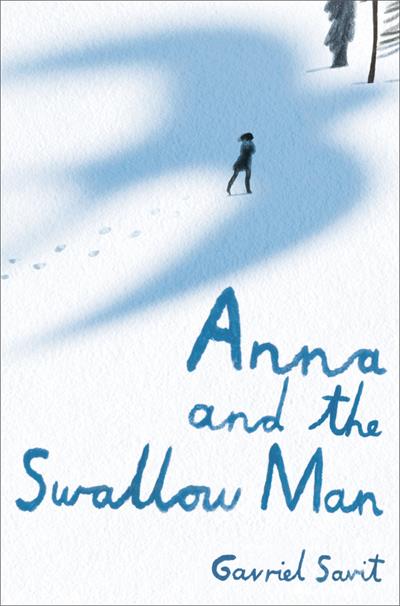 “ANNA AND THE SWALLOW MAN,” by Gavriel Savit, Knopf Books for Young Readers, Jan. 26, 2016, Hardcover, $17.99 (young adult)
“ANNA AND THE SWALLOW MAN,” by Gavriel Savit, Knopf Books for Young Readers, Jan. 26, 2016, Hardcover, $17.99 (young adult)
“Is that your ‘depressing’ book?”
“Yes, but it’s really good.”
That’s the conversation that took place between my husband and me each time he saw me reading “Anna and the Swallow Man.” The book is incredibly sad and, at times, hard to read, but it is also well written and incredibly moving.
“Anna and the Swallow Man” opens in Kraków, Poland, 1939. Anna is 7 years old and doesn’t understand why so many soldiers and barking dogs are in her city. One day, Anna’s father, a linguistics professor, leaves her with a friend while he goes to a meeting at work. He never comes back. The Germans take her father as part of their purge of intellectuals in Poland.
Alone and afraid, Anna’s not sure what to do. Then she meets the Swallow Man. He’s tall and strange with an affinity for languages that is at once comforting and intriguing for the daughter of a linguist. The Swallow man is adept at disguise and when crosses paths with soldiers, they only see what he wants them to see.
The Swallow Man has a way with words, and when he tells Anna not to be seen, she takes it as a challenge to follow him unnoticed. Although not related, the two become like father and daughter. The two disappear into the wilderness, evading bombs, soldiers and unscrupulous travelers.
Gavriel Savit’s “Anna and the Swallow Man” is stunning in its simplicity and the complexities hidden within.
We all know the atrocities that took place across Europe during WWII, but this novel gives them context, gives them a face.
As a mother, I could not help but see my own daughter in Anna — her precociousness, her curiosity, her joy in such little things. This vantage point made Anna’s journey that much more important to me. Anna is why this novel works. Whether you are an adult or teenager, the chances of you seeing someone you know in her place is high, and once you’ve made that connection, there’s no going back.
One of the most frustrating and brilliant moves in “Anna and the Swallow Man” is Gavriel Savit’s choice of ending — in some ways it feels like a beginning and in others, a pause. He does not wrap things up in a nice little package. I finished with more questions than answers, but somehow it feels complete.
